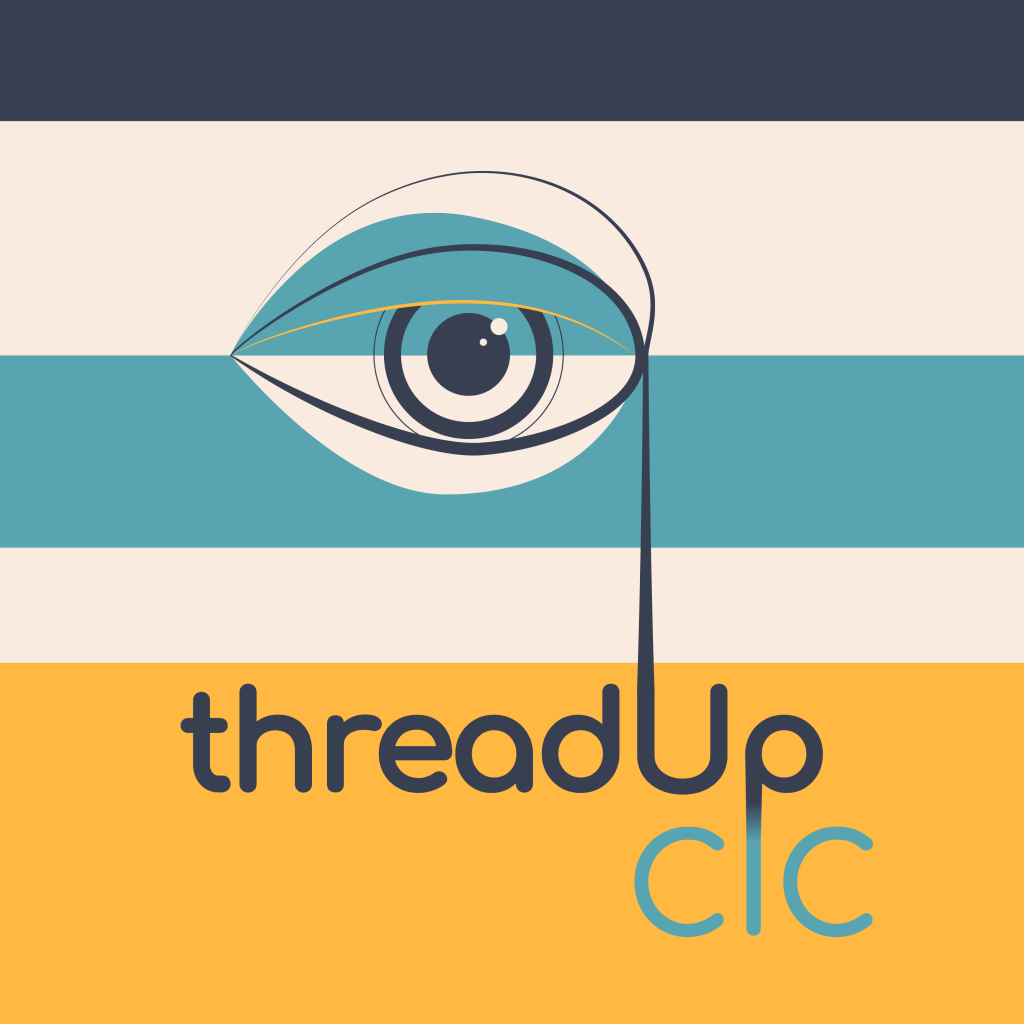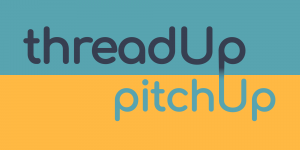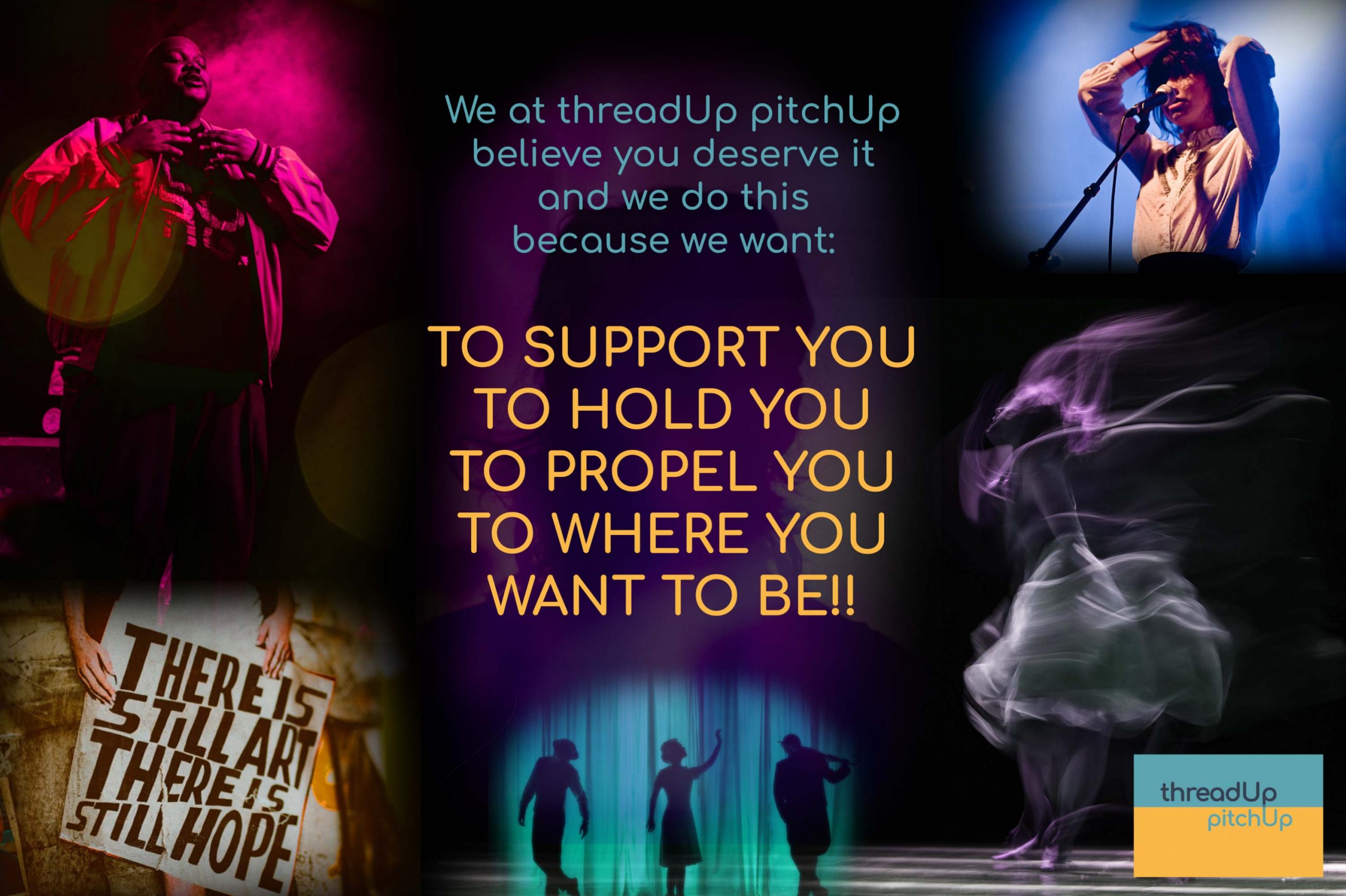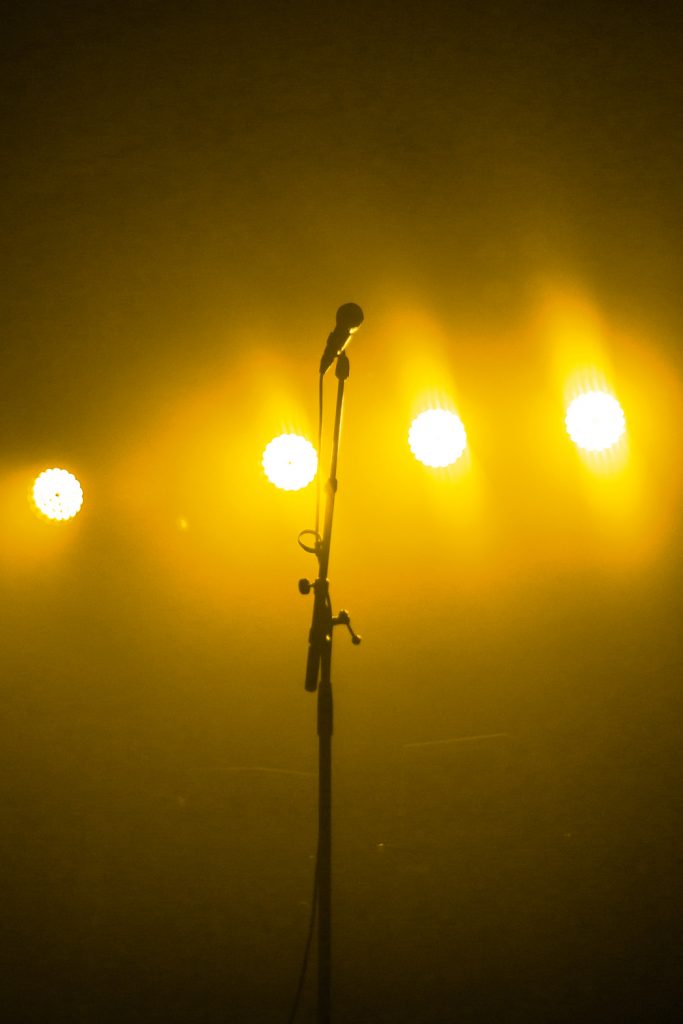

Company number: 14494908
We are threadUp CIC, a new not for profit organisation with a mission to support & improve the mental health & wellbeing of every creative & artist we can reach. We offer mental health and wellbeing services to creatives operating in permanent and non permanent cultural structures; this can be anything from art galleries and cultural venues to festivals and fringes.
As we provide these services we can tune in deeper to the needs of these creatives, by gathering information and better understanding what affects them negatively, we can come forth with our vision of supporting them through continuous learning, researching and developing wellbeing services that are responsive and adaptable to their needs and the creative structures they operate in.


threadUp pitchUp
Mental health support & well-being in festivals & creative events
(service by quote only)

Benefits of threadUp pitchUp:

About threadUp CIC
Our journey to becoming threadUp CIC started with our founder Rafaela Nunes, who set up a counselling practice ‘threadUp’ five years ago. She has been supporting the mental health of creatives & artists for many years now and through the one-to-one therapy offered in her practice she has learned a great deal about the challenges the creative community faces in their personal lives, in their day to day and when they are performing or working in festivals & creative events.
Through her practice; Rafaela witnessed first hand how creative professionals working on live events and festivals can find that the pressures of those events have a negative impact on their mental health. This is equally true for large and small events, and is as relevant for the supporting staff and technicians as it is for the performers.
This was particularly noticeable when Rafa attended The Edinburgh Fringe Festival in 2019, to record the launch of the podcast Psycomedy with host Nathan Cassidy. Psycomedy explores the psychology of comedians and Rafa and Nathan had the opportunity to talk with several performers and meet many of the producers and technical support staff from the festival. The levels of stress, anxiety and at times desperation they came across, was stark.
As a counsellor already supporting creatives on a small scale through one-to-one therapy, Rafa felt that much more could be done to support the community and had approached organisers of a few festivals (comedy, music and others) but was met with somewhat tokenism. It became clear that the financial resources in these large creative events still weren’t being allocated in a meaningful way towards the mental health and well-being of the event’s workers, and that in some festivals such help is skewed towards the audience rather than the workers. Imagine that! The ones who create the magic are often overlooked in this domain.
Since then she has teamed up with other partners and has been developing a service that can attend to the needs of improving mental health, well-being & self-care of all performers/creatives/workers of festivals and creative events.
Nestled inside the Bridge 5 Mill Centre for Social Change in Ancoats.